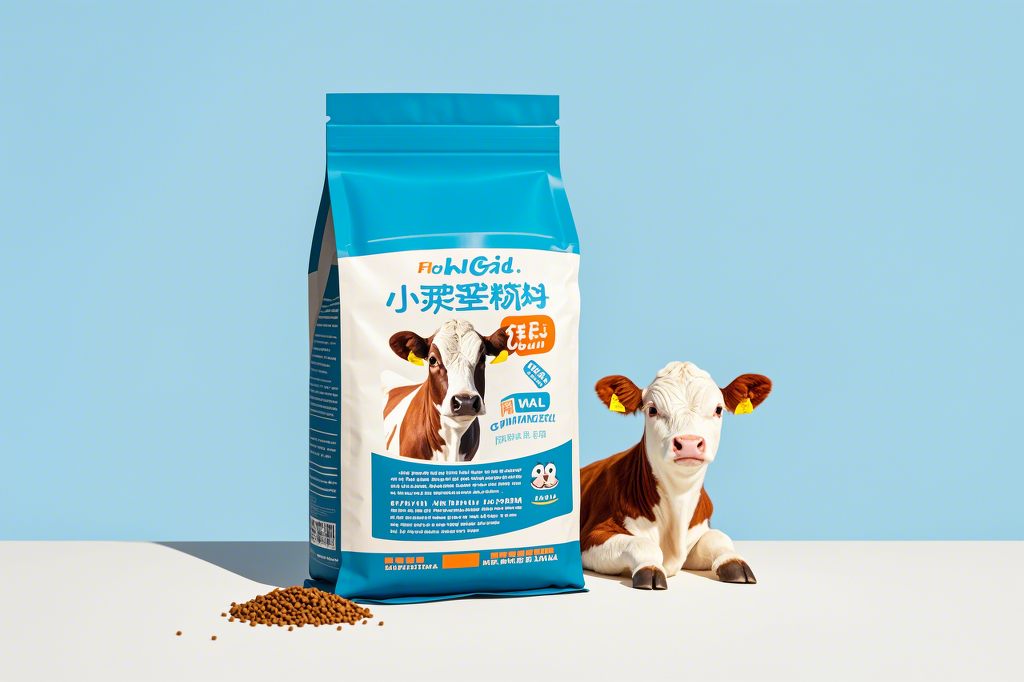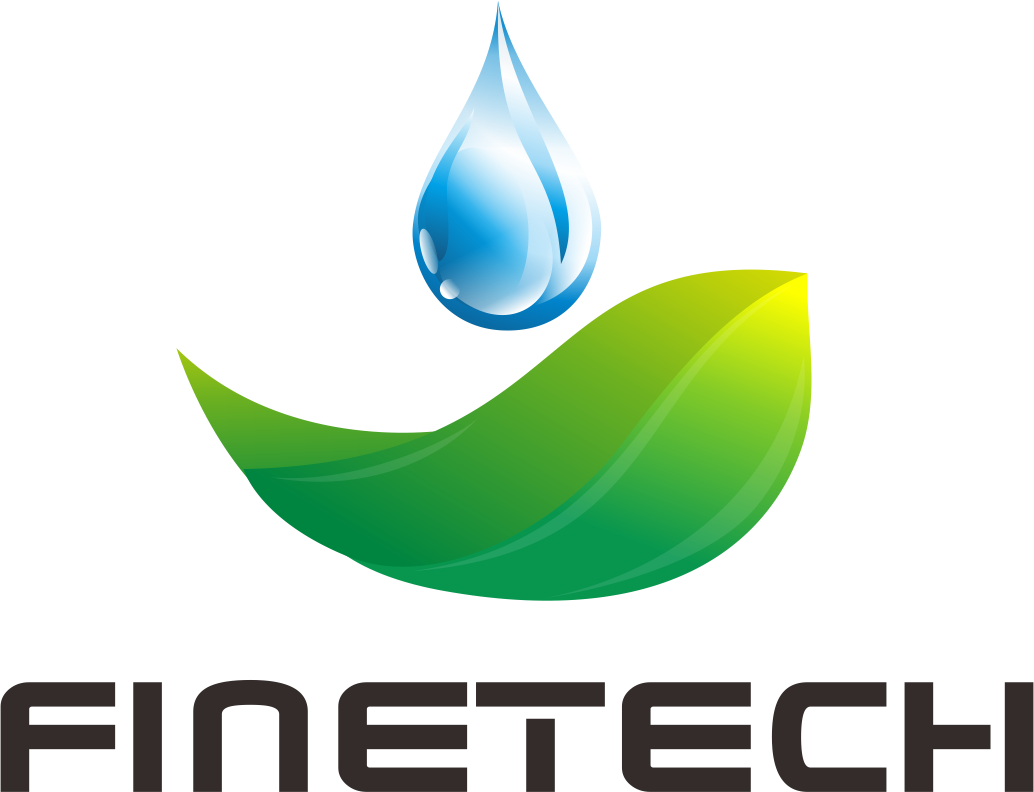L-Tryptophan Feed Grade : 10 questions you may want to know
L-Tryptophan Feed Grade is an essential amino acid used in animal feed to improve growth, feed efficiency, and overall health. It is crucial for protein synthesis and aids in the production of serotonin, which impacts mood and appetite in animals.

